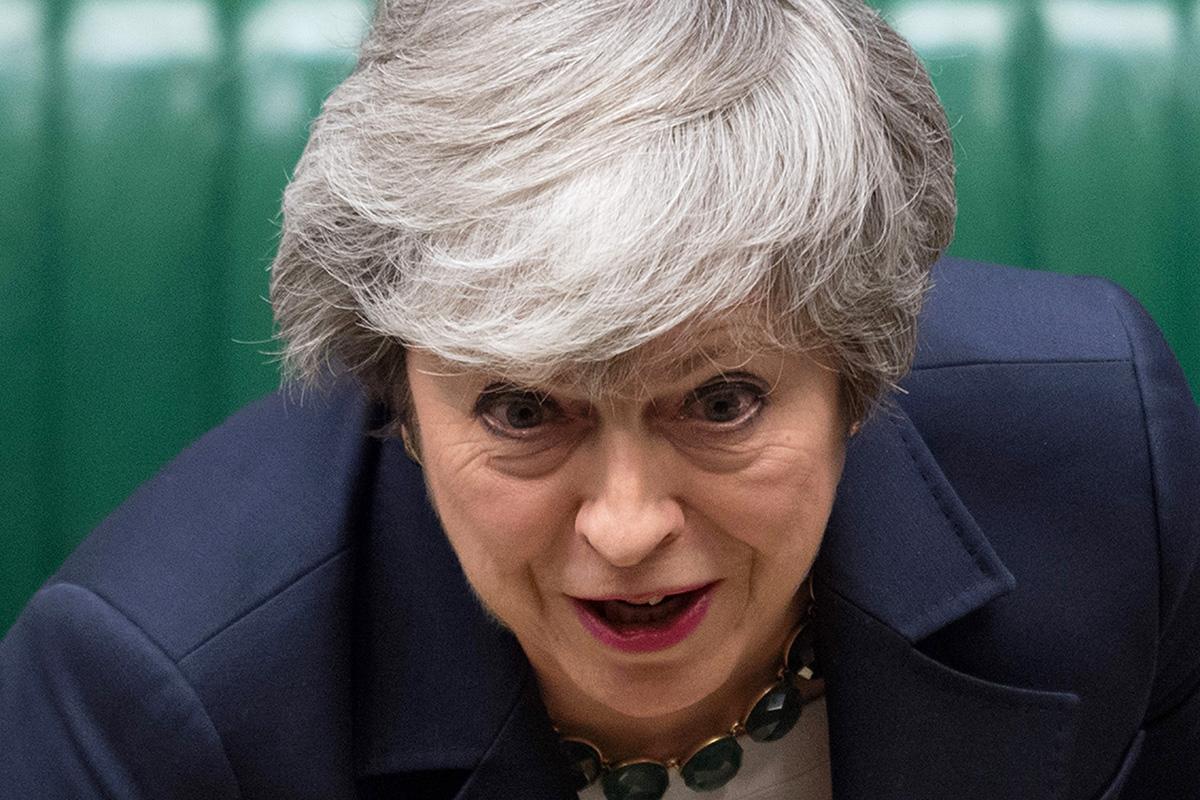The future of Brexit now hinges on securing a delay that allows for a Final Say
Whatever deal is eventually agreed by parliament will carry democratic legitimacy only if it is ratified by a popular vote

Your support helps us to tell the story
From reproductive rights to climate change to Big Tech, The Independent is on the ground when the story is developing. Whether it's investigating the financials of Elon Musk's pro-Trump PAC or producing our latest documentary, 'The A Word', which shines a light on the American women fighting for reproductive rights, we know how important it is to parse out the facts from the messaging.
At such a critical moment in US history, we need reporters on the ground. Your donation allows us to keep sending journalists to speak to both sides of the story.
The Independent is trusted by Americans across the entire political spectrum. And unlike many other quality news outlets, we choose not to lock Americans out of our reporting and analysis with paywalls. We believe quality journalism should be available to everyone, paid for by those who can afford it.
Your support makes all the difference.When it came, it was dramatic, and a huge relief. No-deal Brexit, so disastrous, is ruled out, and comprehensively. Though Theresa May dared not say as much, from her actions it seemed clear that she was still clinging to the notion that, someday, somehow, her deal will eventually win approval in the House of Commons. Her sole political technique is the “bounce”, and her only reliable ally the passage of time. Hence her taste for a hard deadline. Her subterfuge, such as it was, did not succeed. Albeit by a tiny majority – four – parliament, at last, shows signs of exerting its will, and, to borrow a phrase, taking back control.
Ms May has been ruinously stubborn – ruinous to her own position, inviting defeat over and over again. That explains why she has been so reluctant to allow MPs to rule out a no-deal Brexit. Indeed, she has only recently relaxed collective cabinet responsibility to allow a free vote on her own, disingenuous version of ruling out a no-deal Brexit – one that explicitly ”notes” that the default position remains leaving on 29 March without a deal. The prime minister was still trying to resuscitate her dead deal – hence the trickery and loopholes in the government’s motion. It was transparent, and now her own cabinet minsters have defied her by abstention on the key vote. “Dead woman walking” is a phrase that comes readily to mind once again.
Now attention moves to delaying Article 50 – an inevitability if only for practical purposes – and the broader attitude of the other 27 governments in the European Union. Both the EU and the Commons must ensure that Ms May does not simply use the next few weeks to run down the clock with a series of charades, distractions and time-wasting manoeuvres. She has form in this respect. She fails to grasp that no deal is no negotiating weapon if everyone knows it is a bluff.
So the British government will still need to explain what the point of a delay is, and the EU will have to be satisfied that it will not be trapped in the permanent purgatory of Brexit. The preparations for the European parliament elections leaves 23 May as a hard deadline that cannot be postponed so easily – and one that will be used by Ms May to cajole parliament into voting for a deal it has twice overwhelmingly rejected, or else risk that hard Brexit that MPs would rule out for good if they were ever allowed to. The messiness continues.
Ideally, the UK should have a much longer delay. The nation needs the time necessary to reach a final comprehensive agreement with the EU, and for that to win democratic approval via a Final Say referendum. Thus far, the British parliament has not in fact been voting on a “deal” or “no deal”, so much as on a half-deal – the divorce agreement alone. All the drama about the Irish backstop, the rights of EU citizens and other issues has done is to obscure the fact that the more important part of the future relationship – on trade access and security – is entirely absent. In those crucial matters there is in fact no deal anyway, merely a non-binding “political declaration”.
Prior to that, parliament will have to forge a broad cross-party consensus about what it does want. The chancellor, Philip Hammond has pointed the way – relaxing the “red line” on the customs union.
The point is this: whatever deal is eventually agreed by parliament will carry democratic legitimacy only if it is ratified by a popular vote. We have witnessed the strength of feeling on all sides of the debate, and the unpleasant veiled threats being thrown around in some quarters about a Final Say referendum.
These should not prevent a democratic vote by the people on the most momentous decisions to be taken in most of their lifetimes. They deserve it and they demand it.
Recent events in parliament suggest that the message is getting through as to what the public will and will not accept; but MPs have to realise too that in 2016 the British constitution underwent a fundamental change, with sovereignty moving out of the chamber and lobbies of the Commons and into the hands of the wider electorate.
If and when the parliamentary decision on Brexit arrives – and it may take some time – that is not the moment to exclude them.
Join our commenting forum
Join thought-provoking conversations, follow other Independent readers and see their replies
Comments